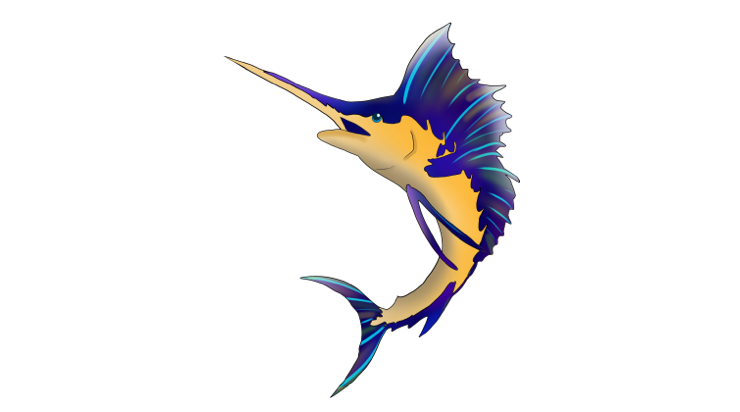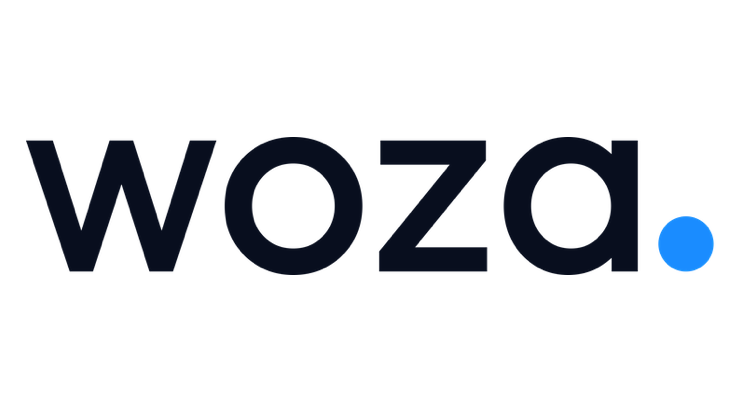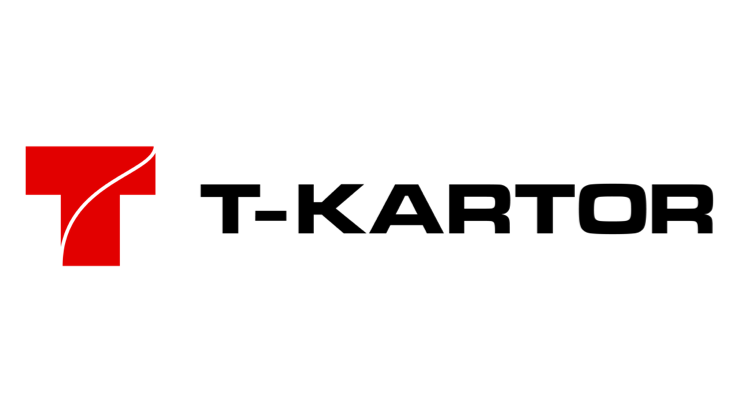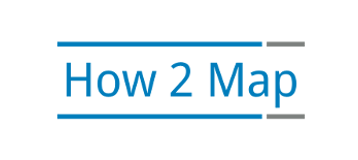Ready-to-use binary packages are available on the package page of the
website:
OTB-8.0.0-Darwin64.run (Mac OS)
OTB-8.0.0-Linux64.run (Linux)
OTB-8.0.0-Win64.zip (Windows 64 bits)
You can also checkout the release branch with git:
git clone https://gitlab.orfeo-toolbox.org/orfeotoolbox/otb.git OTB -b
release-8.0
The documentation for OTB 8.0.0 can be found here.
This major version brings a lot of refactoring that aims at removing the dependency to OSSIM. A release note describing what to expect from this new version of OTB is available in the documentation. In particular, this version introduces:
A new Metadata framework. The ossim keywordlist have been replaced by the otbImageMetadata class. The metadata are now read from and written to the image using GDAL.
A new organization for the Sensor Models (RPC and SAR models). OTB now uses GDAL’s implementation of RPC model. The SAR model from OSSIM was implemented in OTB.
A new way to handle DEM, with the same API but without OSSIM.
For developers working on remote modules, a migration guide is available.
We noticed an impact on the performance. Depending on the application, some are slower (for example, the orthorectification is about 40% slower), and other are faster (optical calibration is about 15% faster,
and SAR calibration 66% faster). We did some test with some full processing chains, that show an overall gain of 27% of processing time (for MAJA) and up to 40% (for WASP).
Other interesting changes are:
An improved interface with QGIS (dedicated blog post to come).
ComputeImageStatistics now computes Min an Max of the image, and the results are accessible through the Python API. Be aware that this improvement comes with an unanticipated break in the API. The ‘-out’
parameter becomes ‘-out.xml’.
Fix output image from orthorectification having no projection.
Solve a problem with the K parameter in KNearestNeighborsMachineLearningModel.
Suppression of the application DownloadSRTMTiles.
Improvements in the CookBook (new Supported formats page, more detailed installation process, clearer QGis pluggin page, better explanations about the remote modules)
The full changelog can be accessed here. We welcome your feedback and requests on OTB’s GitLab and if you find a bug, please report it !
Thanks to everyone who helped during the release process, the OTB team





